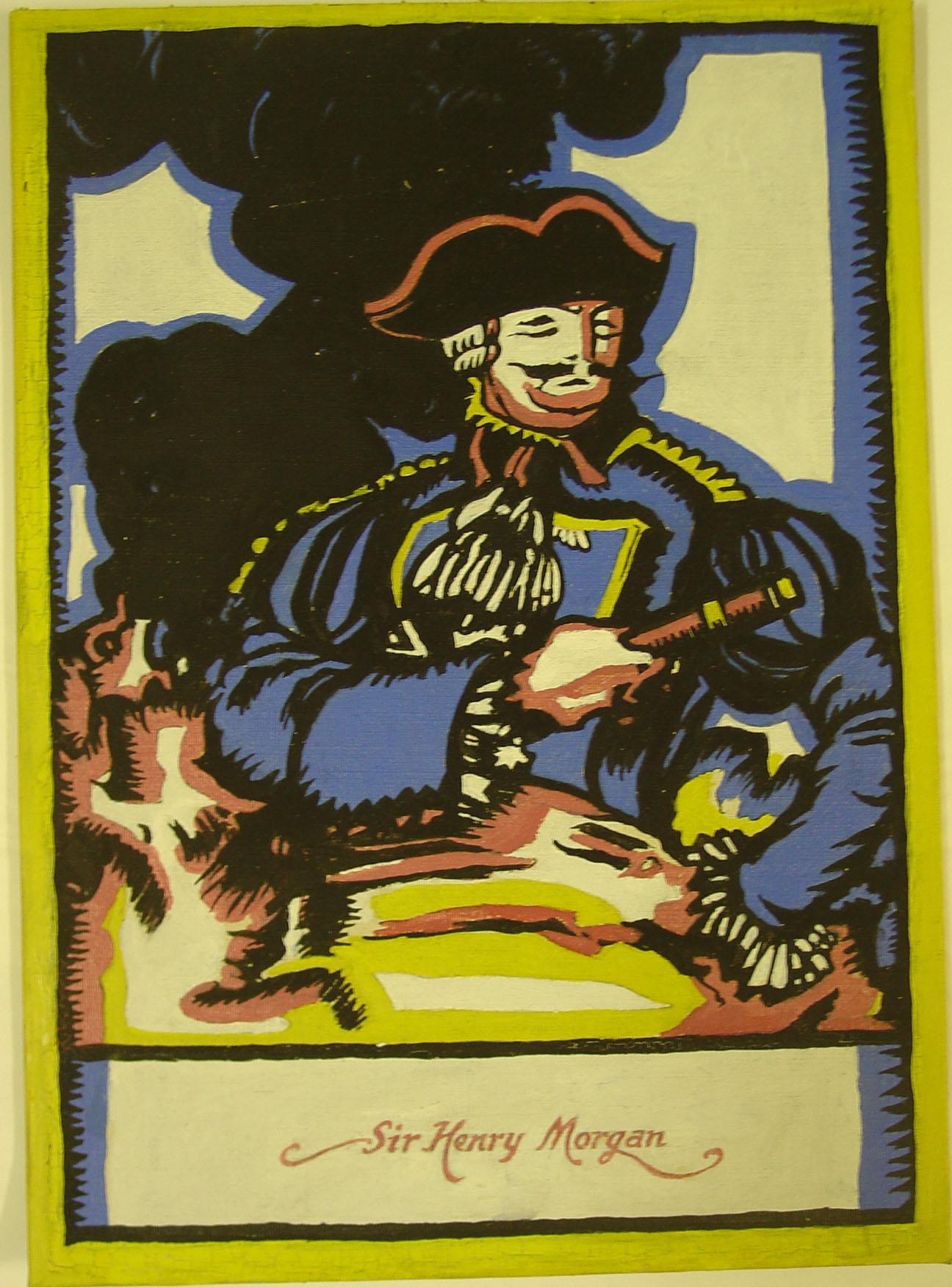Welcome back, and let’s finish our exploration of pirate terminology with the term “Buccaneer.” Buccaneer is used synonymously with the idea of the 17th-18th century Caribbean pirates, but it actually means something quite specific. When Spain started colonizing the Caribbean in the 16th century, it was initially the only nation to do so. Around the beginning of the 17th century, people from other nations like France, England and the Netherlands started trying to settle in the Caribbean too. The problem was they weren’t welcome in Spanish ports because the Spanish didn’t recognize their right to settle. As a result, the only people willing to trade with these settlers and adventurers were social outcasts like mulattos, Native Americans and shipwreck survivors who largely lived in the wild.

These people sold supplies like water and meat to the non-Spaniards, who started calling them “Boucaniers.” Boucaniers is a French term of some ambiguity, but according to Cotgrave’s 1611 French/English Dictionary, the closely related word Boucane’ translates as a wooden gridiron that these outcasts used to cook meat. In addition, the French already had a verb called “boucaner” which meant “to hang around with lowlives” or “to imitate a foul tempered billy goat.” These words got meshed together, and the French ended up calling the local outcasts boucaniers. From 1620 on, these “boucaniers” started developing reputations as navigators and sharpshooters, so anyone who wanted to move against the Spanish would want some Boucaniers, or Buccaneers, with them for their combat prowess. By 1680, the term Buccaneer was being used to describe not just the locals but any Pirate of Privateer in general. As a result, the Buccaneer was a Pirate or Privateer operating in the Caribbean during the late 17th century and early 18th century. I hope these two posts have been informative, and encourage anyone who wants to know more to come on down to The Mariners’ Museum Library and explore our dozens and dozens of books on the matter. Until next time, have a good day!